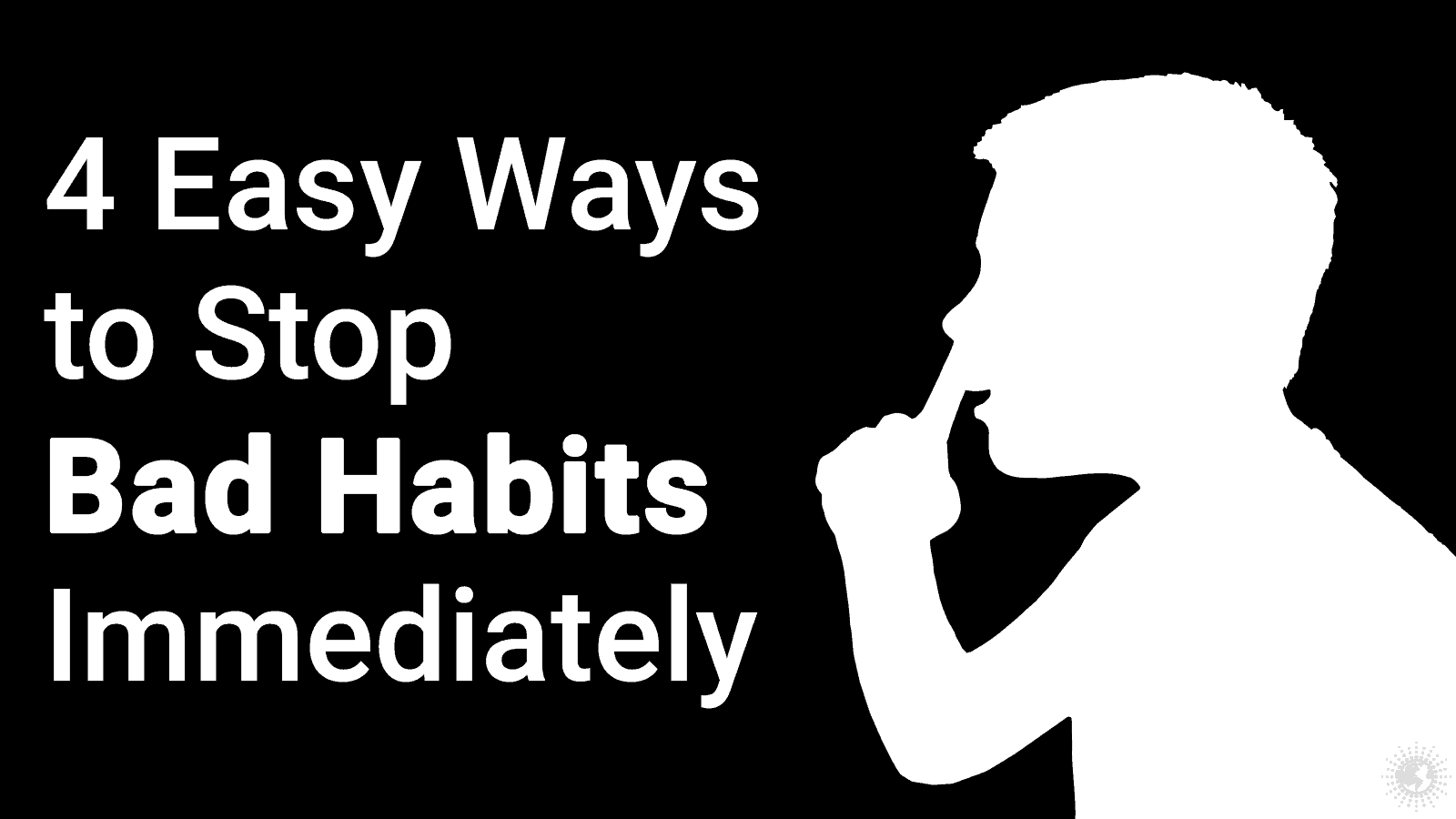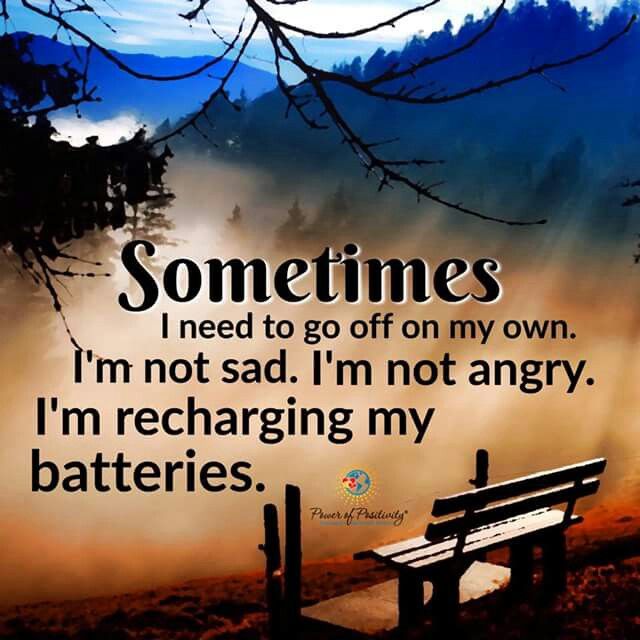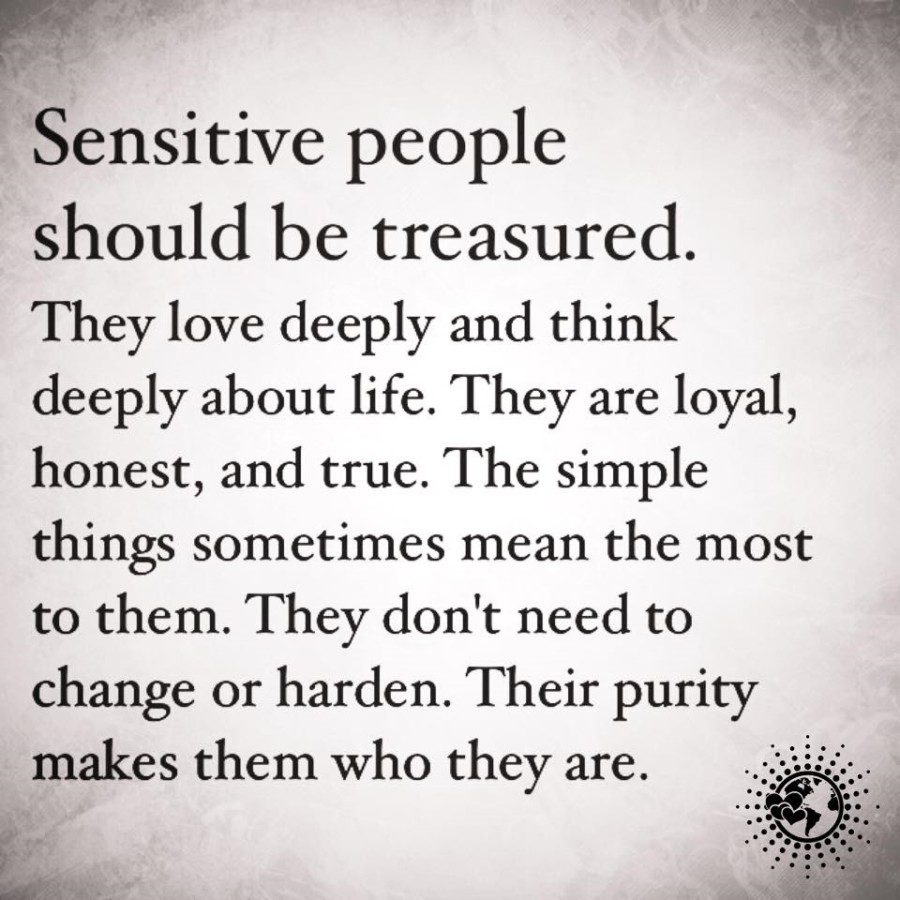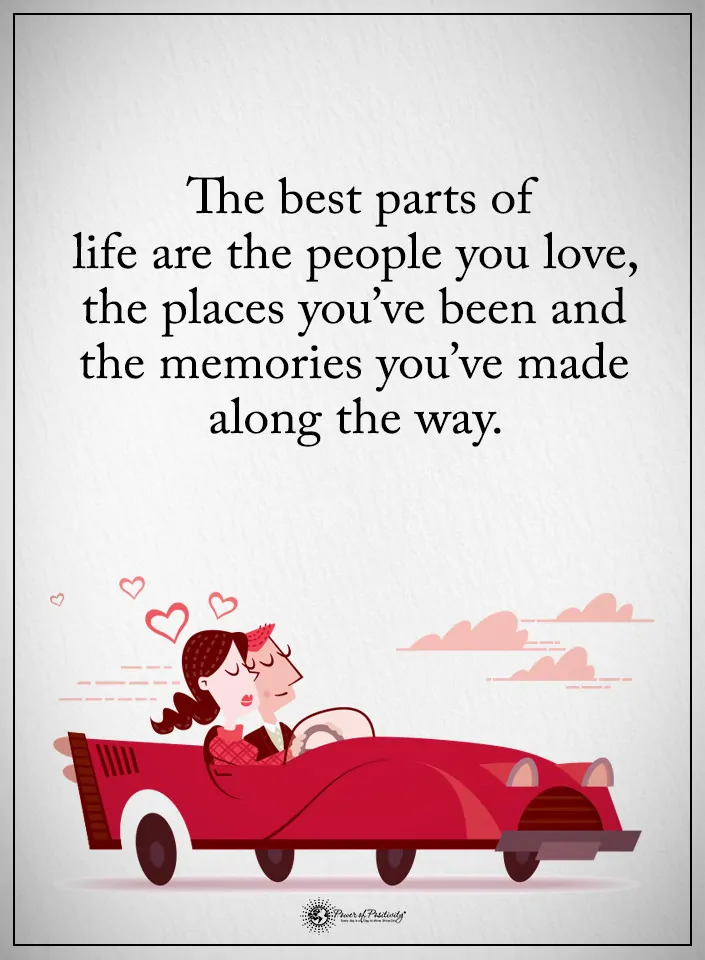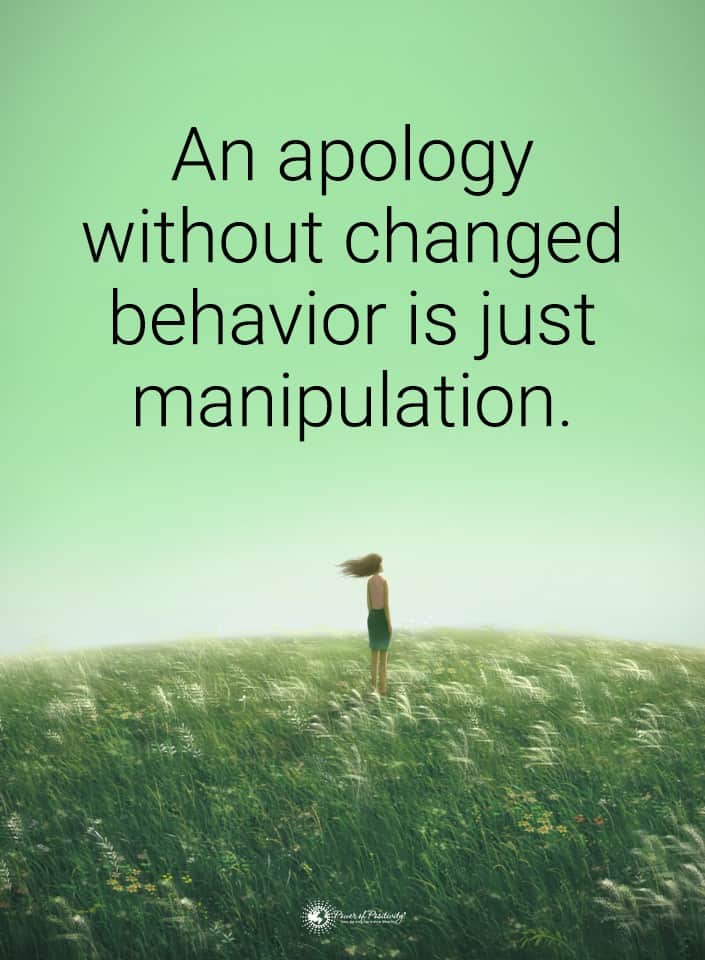We have long thought that our mind plays a big part in our health and wellness. In general, when we think we are healthy, we tend to be healthier. And when we think we are sick, we tend to exhibit symptoms in line with our thoughts.
Is there any truth to the fact that our thoughts can make us sick?
Here are 4 studies that show how our thoughts can make us sick:
The Placebo Phenomenon
In a study of 270 patients seeking relief from arm pain, Professor Ted Kaptchuk of Harvard Medical School, divided the patients into two groups. Half the participants would receive acupuncture treatments and the other half would receive pain-reducing pills.
Soon after the study began, patients from both groups called in with side effects of feeling sluggish and increased pain. Most of the patients from both groups, however, reported real pain relief and the acupuncture group felt better than those on the pain-relief pill.
The important findings from this study come not from comparing two different treatments, but by studying the placebo effect. The pill was cornstarch, and the acupuncture needles were retractable and never pierced the skin. The study was actually measuring how patients would respond based on the side effects told to them.
The patients that called in with side effects expressed they had the side effects that researchers mentioned. However, the group that felt relief did not hear about any potential side effects. This study shows that what we think and what influences our thoughts can have the power to make us sick, or better as the case may be.
Other studies have shown that the expectation of receiving treatment can stimulate real physiological improvements including positive changes in blood pressure, a decrease in depression and fatigue. It proves successful in improving chemical activity in the brain and some symptoms of Parkinson’s.
Negative Thoughts Can Make You Ill
A study published in the Proceedings of the National Academy of Sciences links positive thinking with improved health and brain activity from negative thoughts with a weakened immune system.
Dr. Richard Davidson, who led a team of researchers from the University of Wisconsin-Madison,d measured the brain activity in the pre-frontal cortex of the brain of a small group of people. They were each instructed to recall one happy, joyous event and one event that left them feeling sad or afraid.
Then each participant was given the standard flu vaccine. They monitored the levels of antibodies in the group for six months and found the strongest immunity to the flu in those with the strongest activity in the left pre-frontal cortex, the side associated with happy thoughts.
Davidson goes on to say, “emotions play an important role in modulating bodily systems that influence our health. We turn to the brain to understand the mechanisms by which the mind influences the body.”
The Science of Positive Thinking
Barbara Fredrickson, a positive psychology researcher at the University of North Carolina, conducted an experiment by dividing a group of people into five smaller groups. Two groups were shown film clips that created positive emotions, one group was the control group and shown clips that produced no emotional reaction, and the remaining two groups were shown clips the elicited negative emotions.
After being shown the clips, the participants were asked to write down how they would respond in similar situations. Those exposed to positive emotions were able to write a significant number of responses. Translated, the results indicate positive emotions open the door to a wealth of possibility while negative thoughts limit our ability to see potential solutions.
What is even more significant is the amount of time these negative and positive emotions impact our thinking. Our thoughts can influence how we handle adversity later in life. The way we think now helps us see (or not see) the possibilities today and well into the future.
Sick Rumors
Fabrizio Benedetti at the University of Turin Medical School took 100 students up into the Italian Alps. A few days before the trip he told one person in the group that the thin air in the Alpine altitude could cause migraines.
On the day of the trip, the rumor spread to about ¼ of the group. Furthermore, those that heard the rumor experienced the worst headaches. And a saliva test showed symptoms of low oxygen conditions.
Benedetti said the following:
“The brain biochemistry changed in the ‘socially infected’ individuals. Negative expectations can be communicated to your friends, neighbors, and the like, and they spread very quickly, producing social nocebo effects in a large population of subjects.”
Researchers aren’t necessarily going to suggest you forgo medical treatment in favor of positive thoughts. These studies show, however, that how you think can induce sickness and can help to heal you as well.
The important takeaway is to understand how your thoughts and the thoughts of those around you can impact your health. Whether positively or negatively, and the choice lies within your mind.


